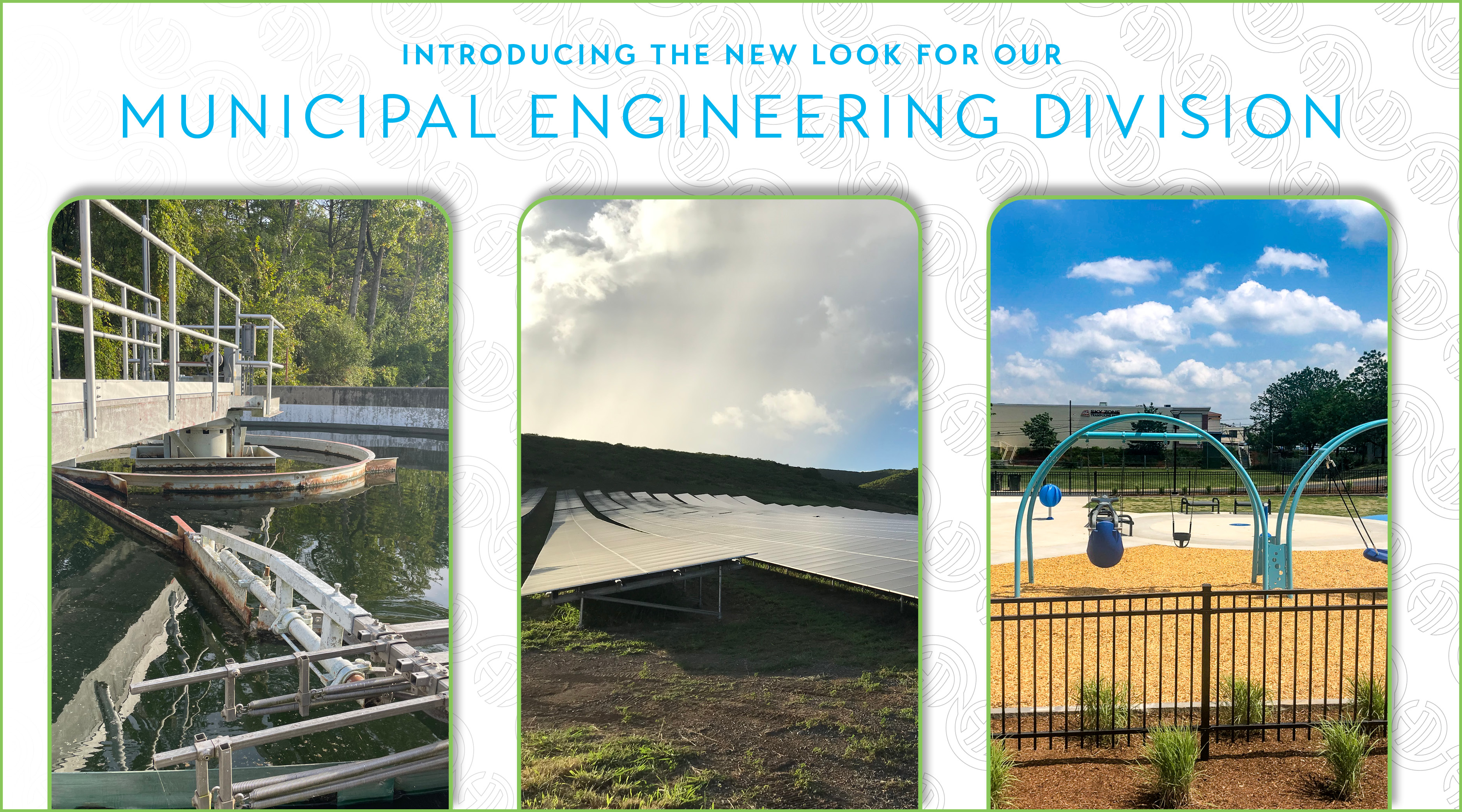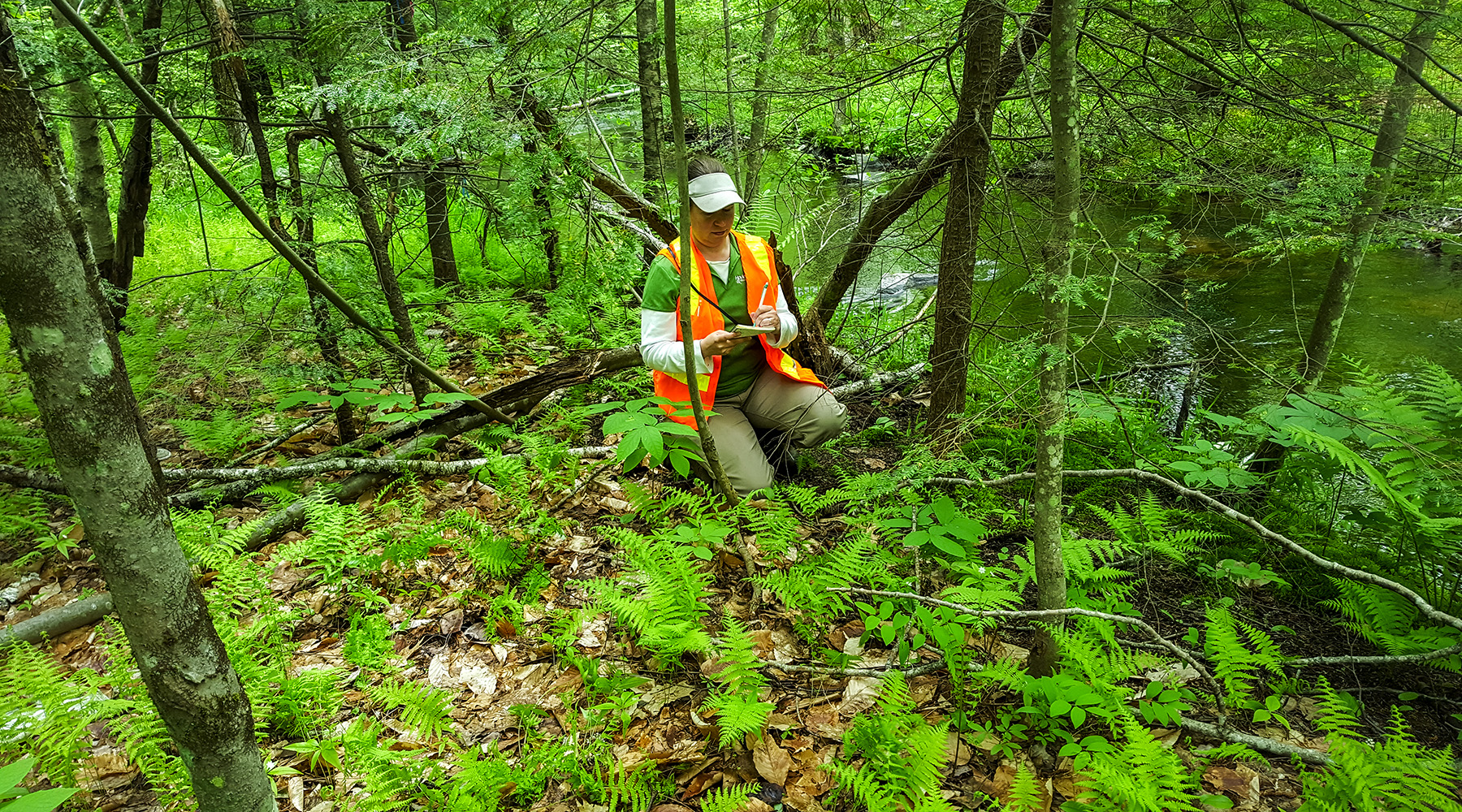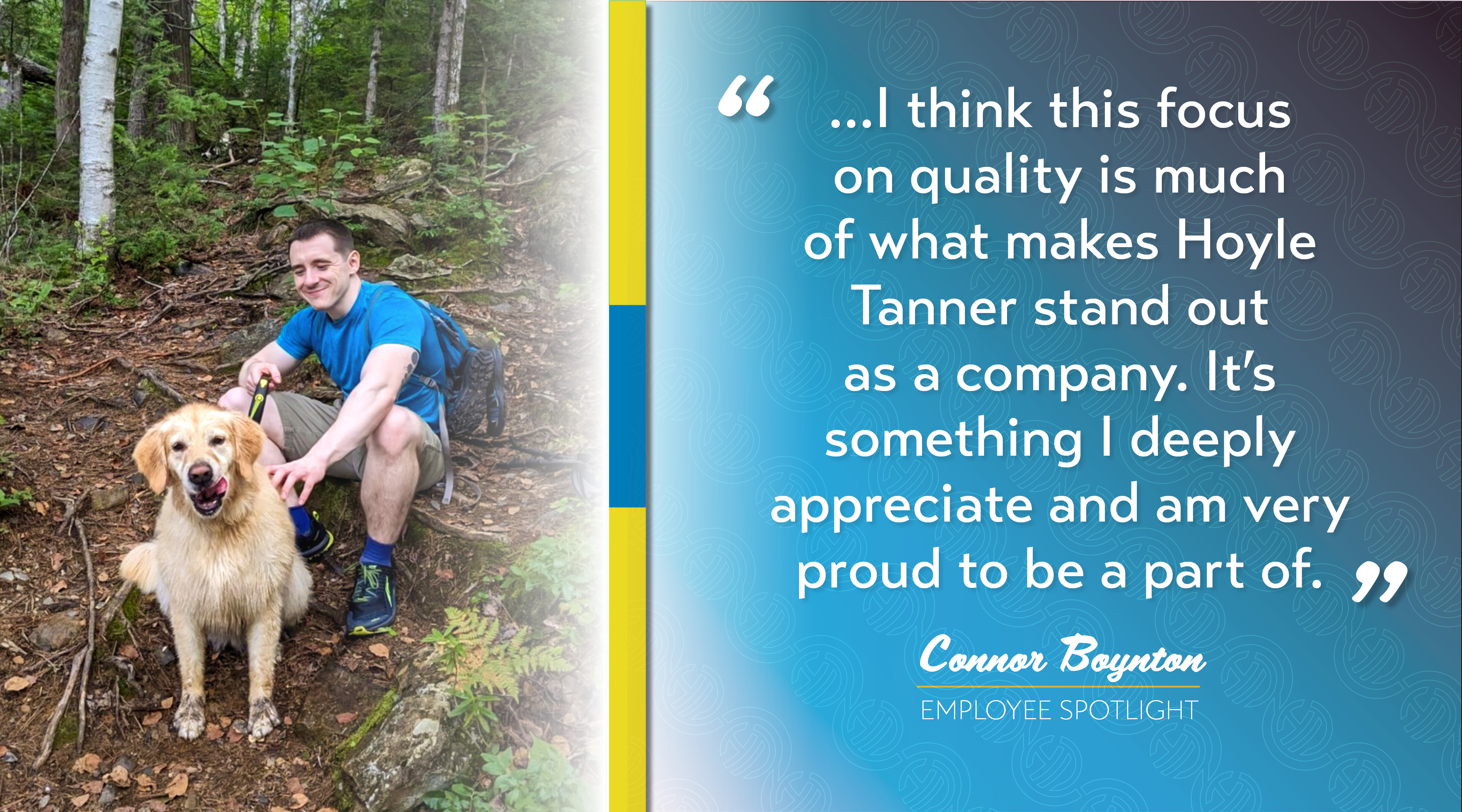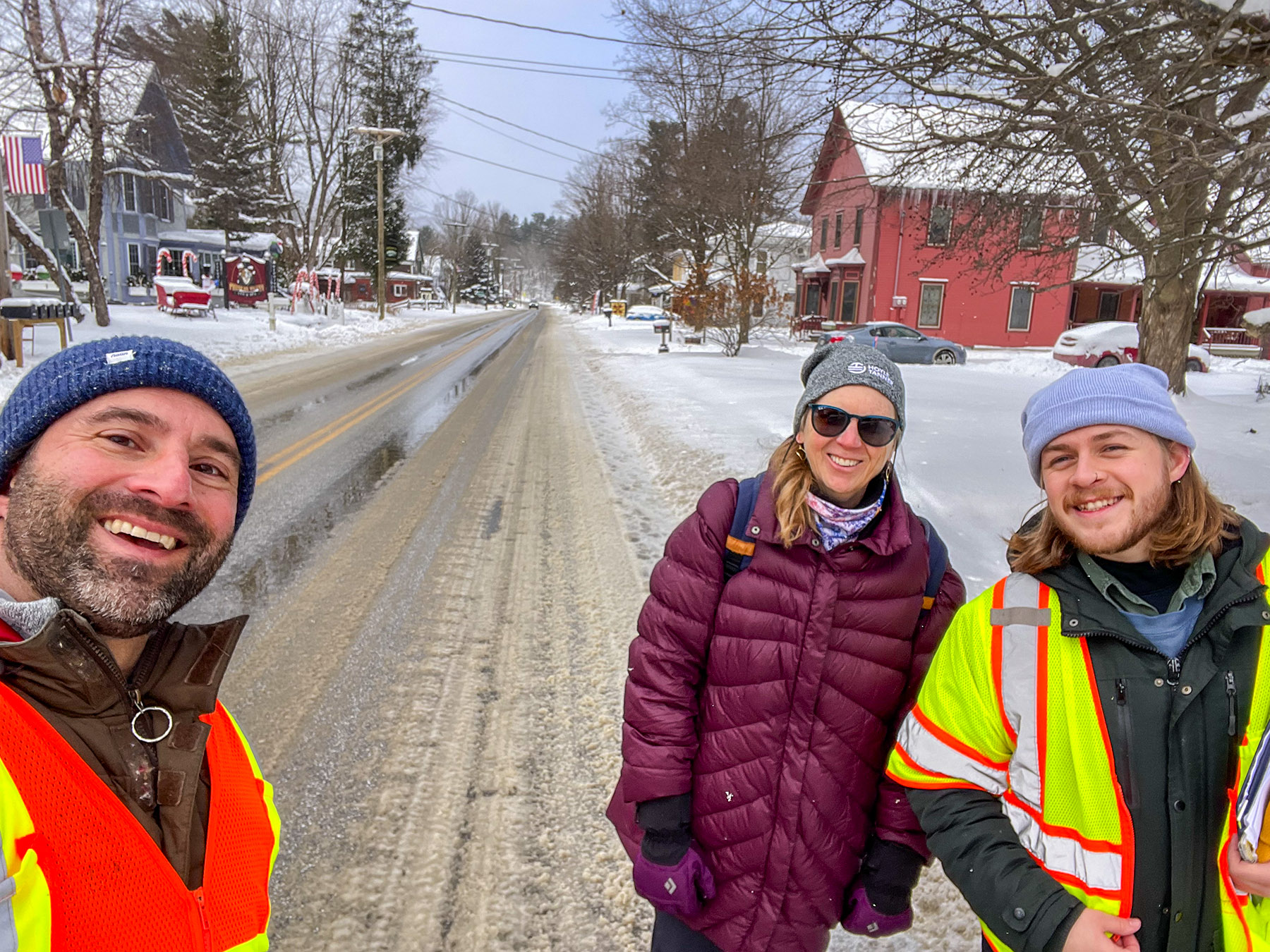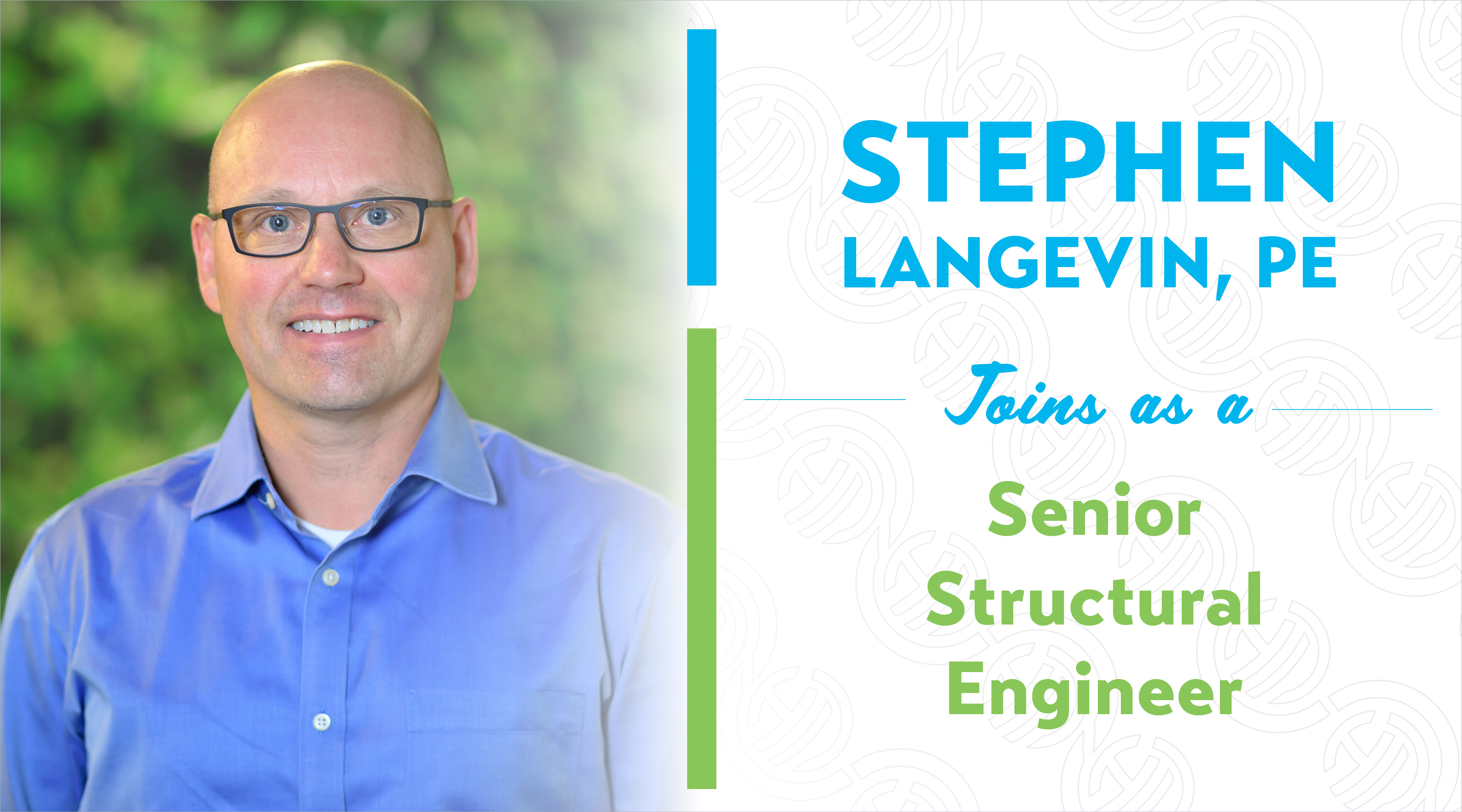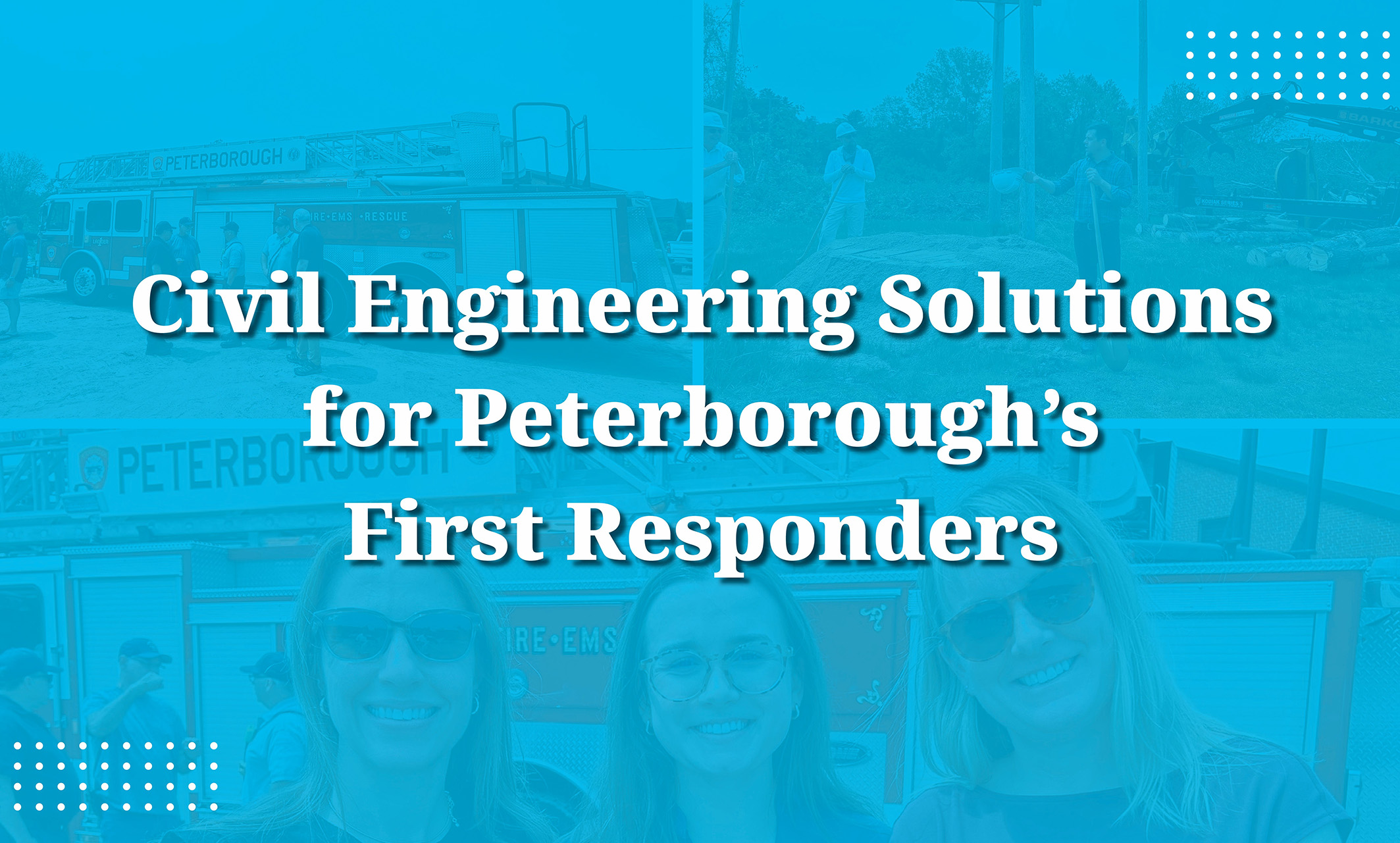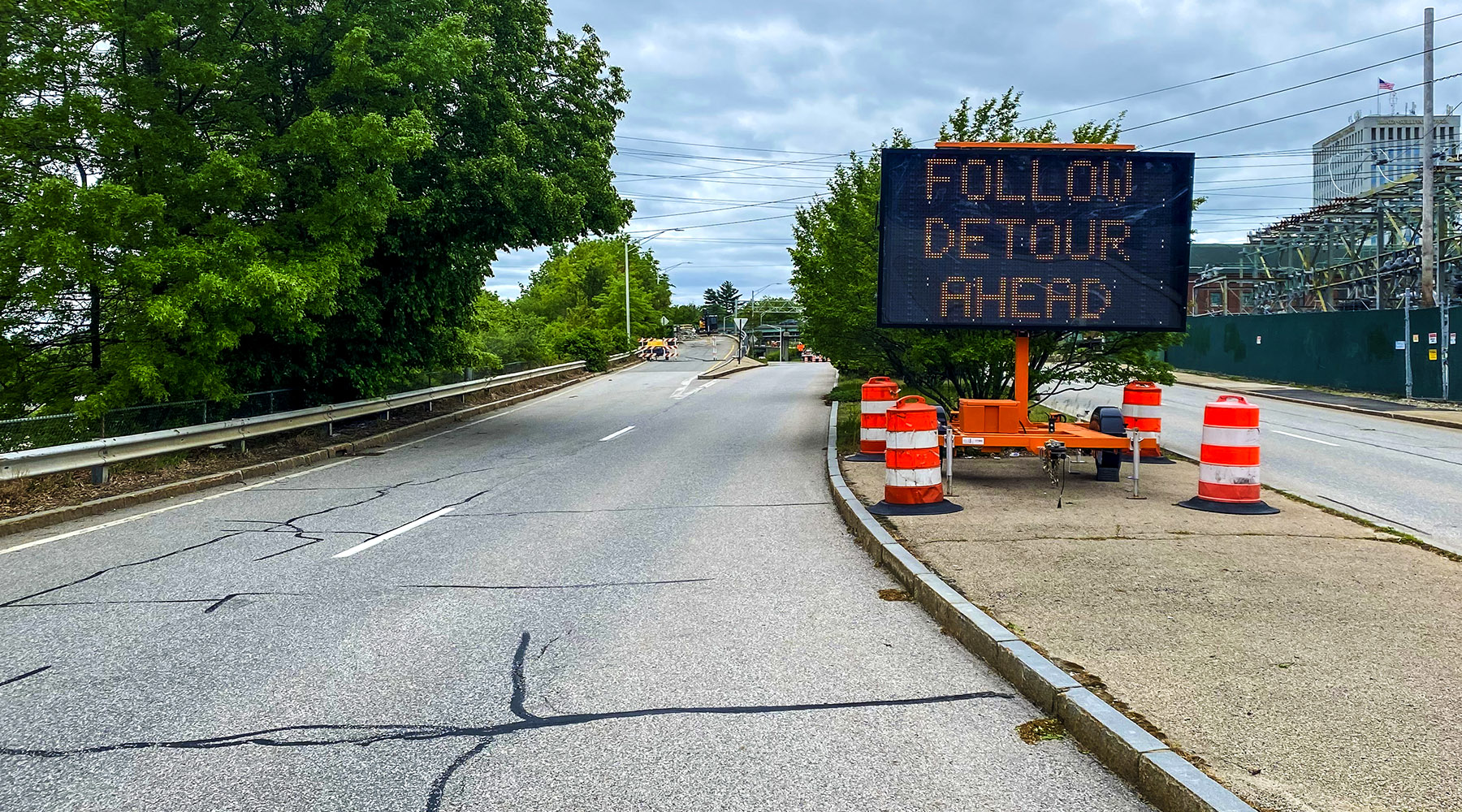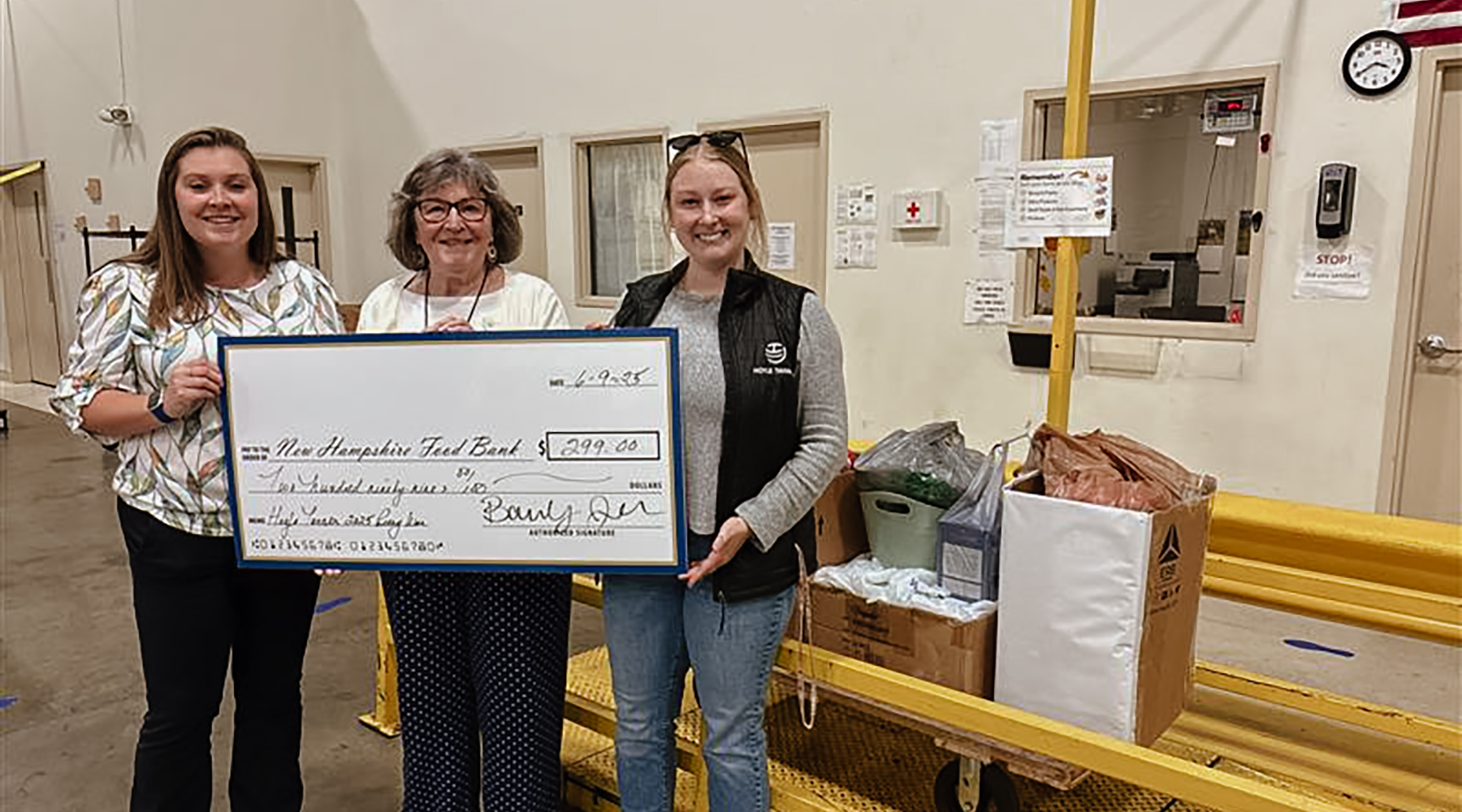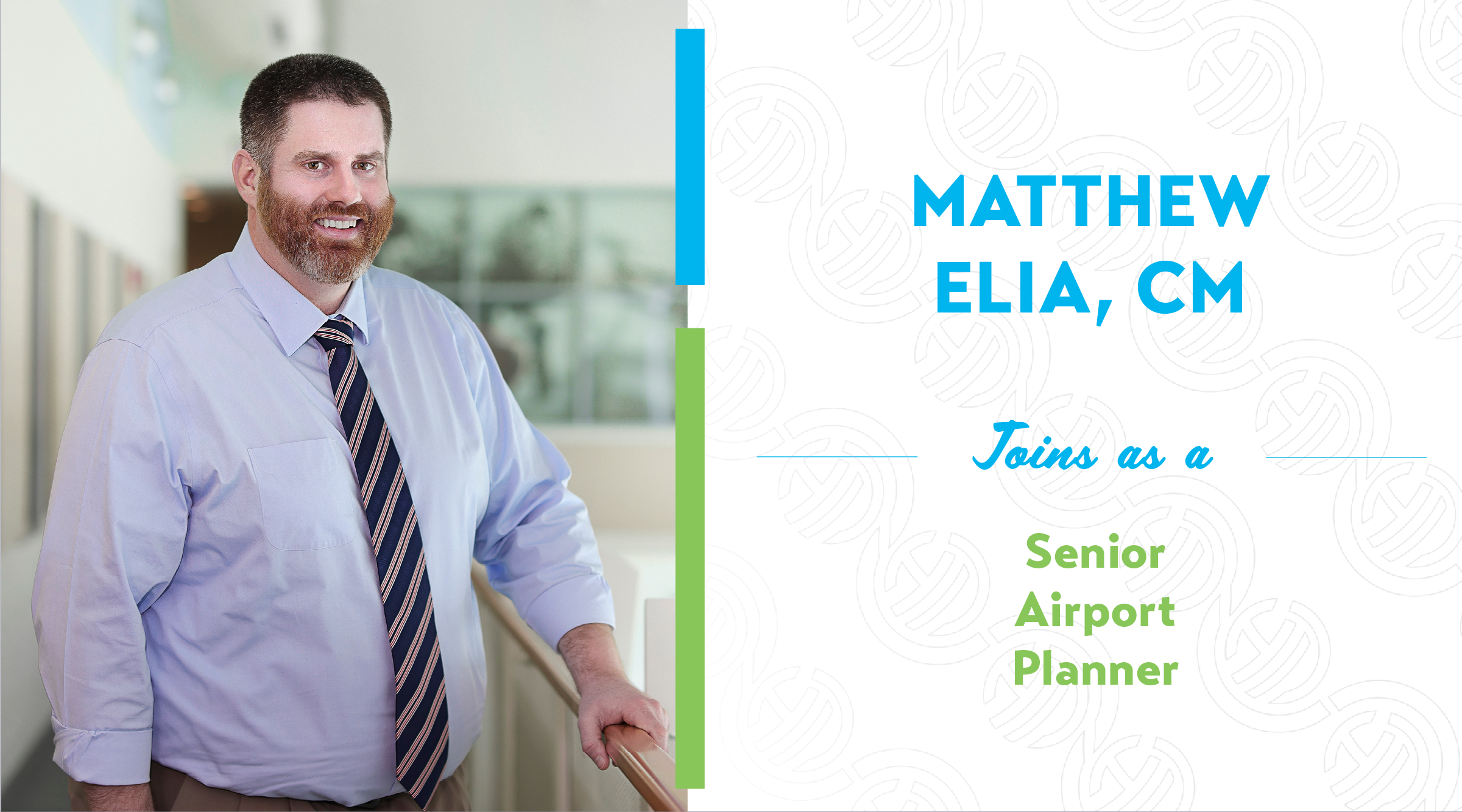Since starting in 2018, shortly after graduating from the University of Vermont, I’ve learned a variety of skills that have benefitted me as both an engineer and team member. While there are opportunities to continue my education, working with my peers has been a valuable experience. The three most valuable things I’ve taken away from my first three years are lessons I will continue to work on and apply throughout my career.
Write everything down – and keep it organized.
Throughout the multiple phases, meetings, and phone calls of a project, many decisions are made, and it’s critical to keep everything well documented. As engineers, we’re liable for the designs we stamp and therefore rely on the justification behind each design decision. When your project manager or client comes asking about a decision, it doesn’t exactly inspire confidence when you have to scramble through files and specs trying to remember why you did something. I’ve come to appreciate clear documentation as I’ve started to backcheck work and try to apply that mindset when performing tasks.
Always ask the question.
When I get stuck on something or can’t quite remember how to do a certain task, I’ve learned it’s always beneficial to reach out because you usually gain more than just an answer. For starters, spending too much time mulling things over can be inefficient. Your peers are great assets that can often times go beyond answering your question and provide their own insight and experience on a trick they like to use or resource they find helpful. And finally, sometimes your question is just something that nobody else has thought of and needs to be further addressed.
Say yes to everything.
I’ve found that engineering judgment is built primarily from experience, and therefore every opportunity to try something new holds value. Saying “yes” to every opportunity is a great way to gain exposure to a variety of engineering fields to figure out what interests you and make you a well-rounded engineer. By working with new peers in other disciplines, you can build an understanding of how other aspects of a project come together and provide better external team member coordination for multidisciplinary projects.
This article was written my Nicole Centerbar, PE.

